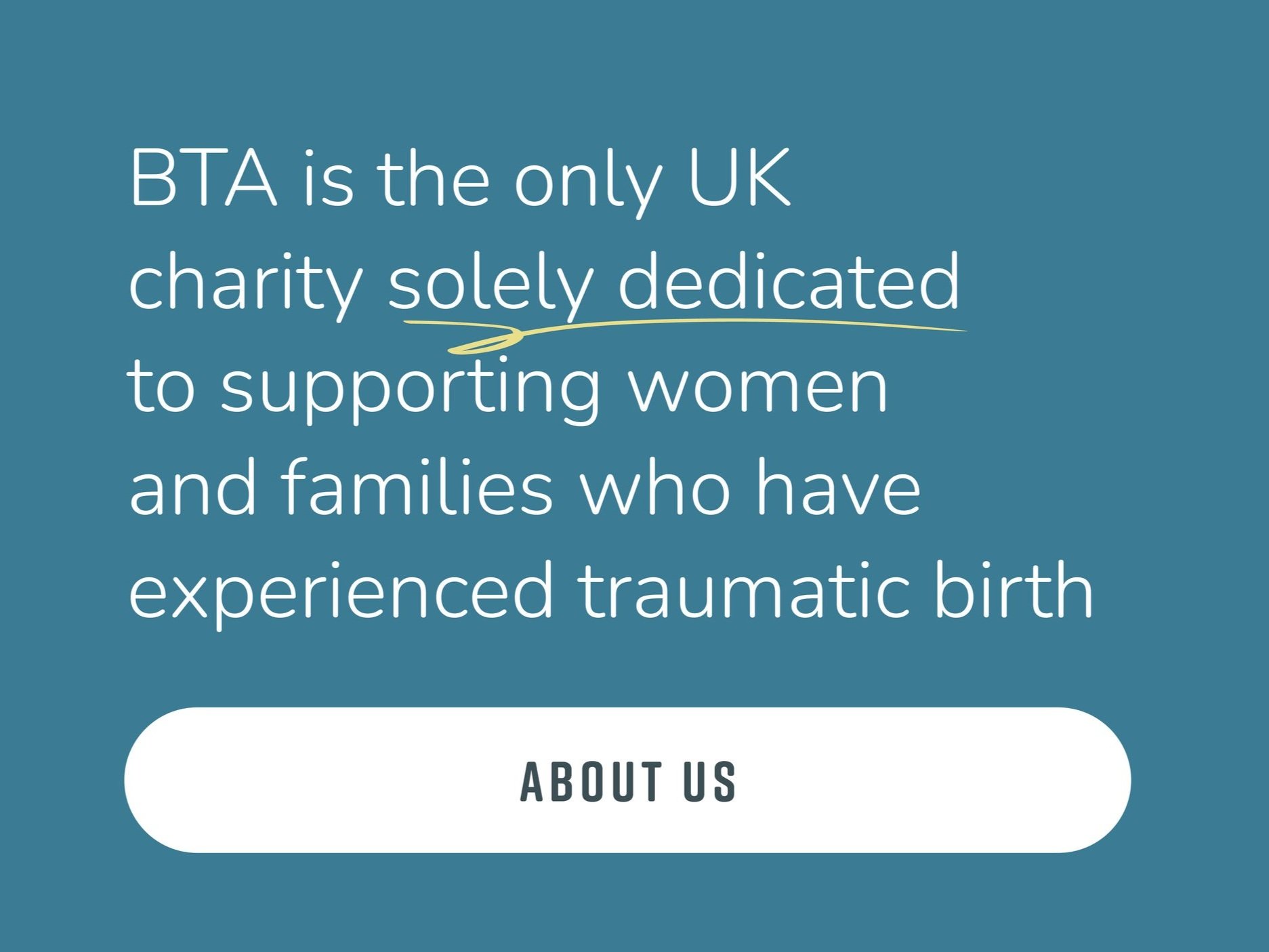The crucial role of informed consent for Black women in labour
Our survey on informed consent, published earlier this week, showed that two in five women said they had procedures performed on them in labour without their consent. Here, Clo Abe, the co-founder of Five X More, talks about the additional barriers to informed consent faced by Black women in labour and birth
Informed consent is a fundamental principle in healthcare, ensuring that patients are fully aware of and agree to the procedures and treatments they undergo. It encompasses the provision of clear, comprehensive information about the risks, benefits, and alternatives associated with any medical intervention. In the context of childbirth, informed consent is vital for empowering women to make decisions about their bodies and their babies.
Research and anecdotal evidence suggest that Black women often face significant barriers to receiving proper informed consent during labour. These barriers can lead to feelings of being unheard, disregarded, and disrespected, contributing to negative birth experiences and trauma.
Many studies indicate that Black women's concerns and preferences are dismissed or minimised during labour. Studies have shown that racial biases can affect how healthcare providers perceive and respond to Black patients’ pain and symptoms. This can result in delayed interventions, inadequate pain relief, and a general sense of not being taken seriously.
A lack of communication fosters mistrust
Black women face higher risks for certain pregnancy-related complications, including preeclampsia, gestational diabetes, and postpartum haemorrhage. Despite these elevated risks, many Black women report receiving insufficient information about their specific vulnerabilities and the necessary precautions or monitoring. This lack of communication exacerbates feelings of mistrust and can lead to poor health outcomes. We conducted a survey of 415 Black women focusing on the guidance they received:
● Home birth: 78% of Black women did not receive advice or guidance to make an informed decision about whether they wanted this.
● Water birth: 70% of Black women did not receive advice or guidance to make an informed decision about whether they wanted this.
● Caesarean section: 73% of Black women were not presented with this as an option/potential intervention and did not receive advice and guidance to make an informed decision.
● Assisted birth: 85% of Black women were not given advice or guidance about having an assisted birth and were not in a position to understand what this entails.
The issue of consent extends beyond being informed – it includes the respect and acknowledgment of a woman’s autonomy over her body. Black women are often subjected to more procedures without explicit consent. This can range from routine interventions, like episiotomies, to more significant procedures, such as emergency C-sections, where they feel they were not adequately consulted or informed about the reasons and risks.
Addressing these disparities requires a commitment to culturally competent care. Healthcare providers must be trained to recognise and mitigate their biases, actively listen to Black women, and ensure that they are fully informed and involved in all decisions regarding their care. This includes providing tailored information that acknowledges the specific risks and concerns of Black women.
As we observe Birth Trauma Awareness Week, it is important to advocate for better practices around informed consent in maternity care. By doing so, we can work towards a healthcare system where every woman, regardless of race, is heard, respected, and empowered during one of the most significant experiences of her life.
Also, by highlighting the importance of informed consent and the unique challenges faced by Black women in labour, we can raise awareness and drive change towards more respectful and inclusive maternity care practices.







